After posting historic spending deficits in 2021 and 2022, Amtrak is planning to spend more in fiscal year 2024 as federal funding expands to “unprecedented” levels.
Amtrak posted operating losses of $1.08 billion in 2021 and $886.8 million in 2022, far greater than pre-COVID losses, but is still going ahead with expansion. By comparison, Amtrak lost $29.4 million in 2019, the year before the pandemic hit.
RELATED: Poll: Majority of Americans Want Spending Cuts Included in Debt Ceiling Deal
The increase in spending was pandemic-related, according to Amtrak.
Amtrak asked Congress for a $350 million bump in funding for fiscal year 2024 to $3.65 billion.
The Infrastructure Investment and Jobs Act (IIJA) was signed into law by President Joe Biden on November 15, 2021. The law authorizes $1.2 trillion for transportation and infrastructure spending with $550 billion of that figure going toward “new” investments and programs. Amtrak will receive $85.2 billion via IIJA from FY 2022 through FY 2026.
“IIJA provides us with an unprecedented level of funding for capital projects,” Amtrak stated in a 2022 report.
Amtrak stated it has a “historic increase in the number and size of capital projects now being advanced with IIJA funding” and will have hired 8,500 new employees in 2023 and 2024. The company says it has about 20,000 employees.
RELATED: Baltimore Can’t Make Weekly Trash Pickups Even With $631 Million Budget
Amtrak is slowly recovering ridership lost during the pandemic but is not yet back to those previous levels.
Antony Davies, an associate professor of economics at Duquesne University, was critical of Amtrak’s expansion.
Support Conservative Voices!
Sign up to receive the latest political news, insight, and commentary delivered directly to your inbox.
“Above all else, there is one consistent behavior that distinguishes government-sponsored enterprises, like Amtrak, from privately-funded enterprises,” Davies said in an email to The Center Square. “When privately-funded enterprises fail, investors deny them funding and they close. But when government-sponsored enterprises fail, politicians force taxpayers to give them more funding and they persist as permanent wards of the state.”
Syndicated with permission from The Center Square.
MORE from The Center Square:

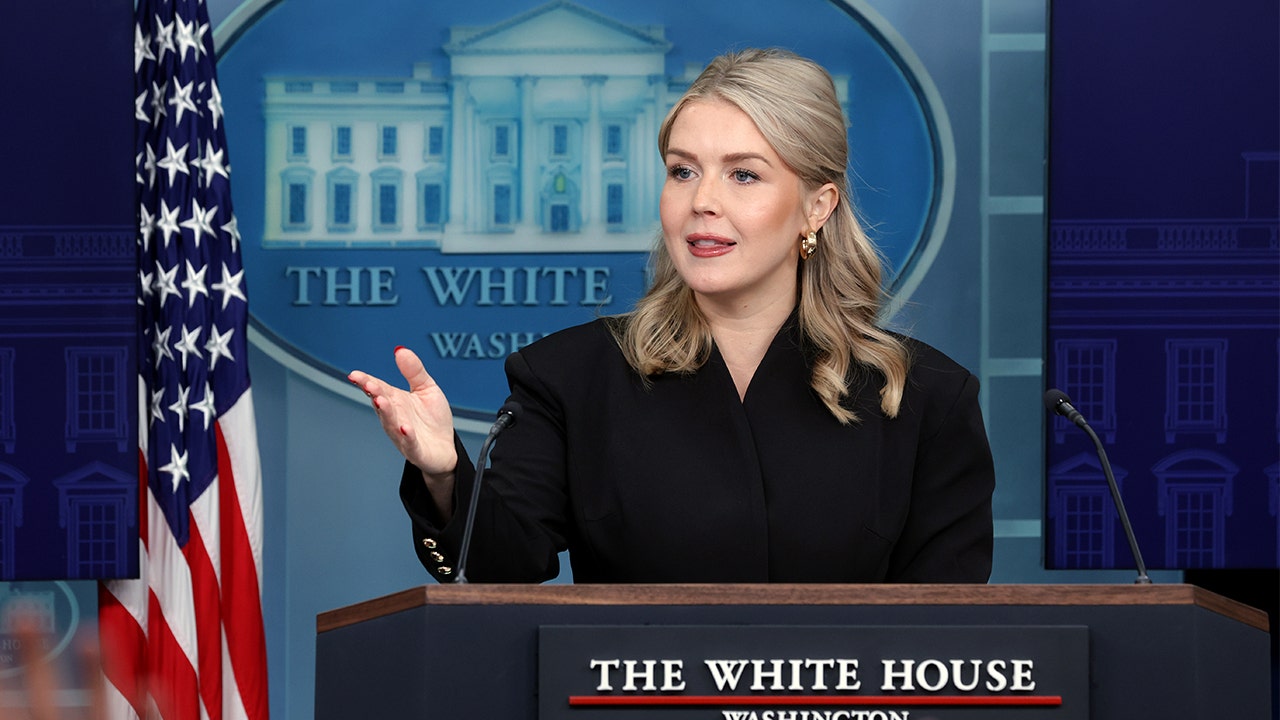


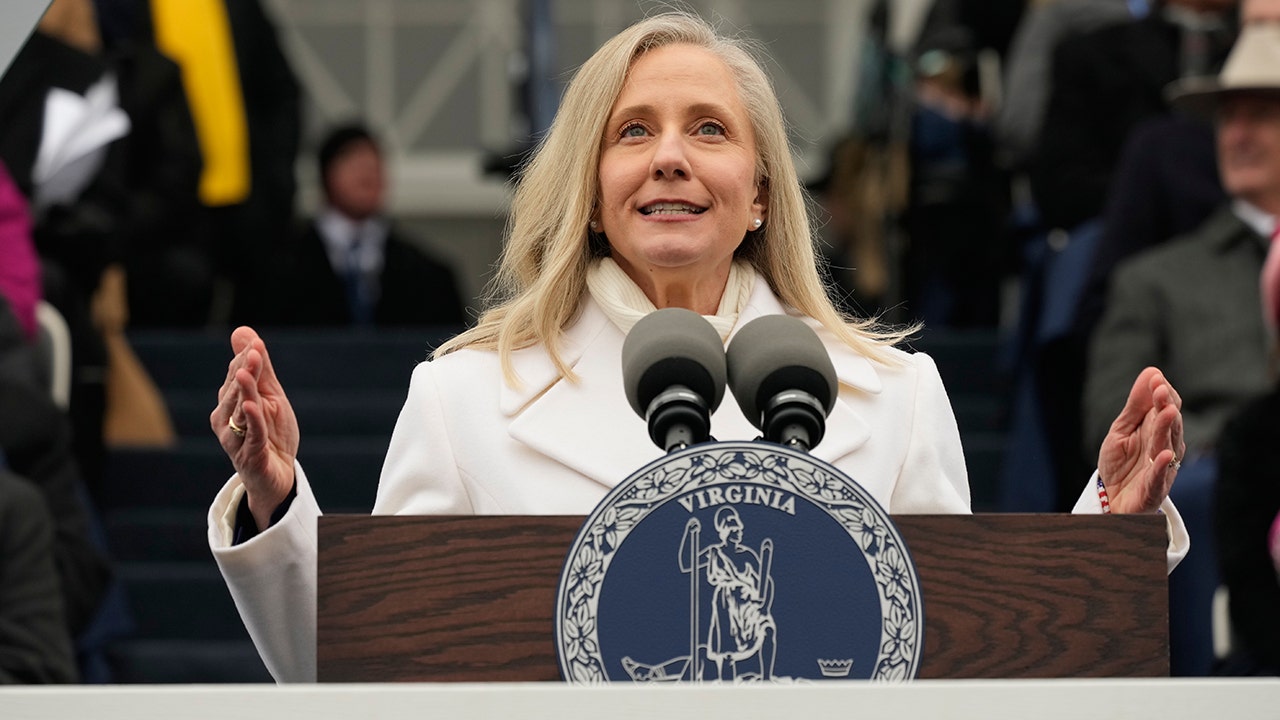



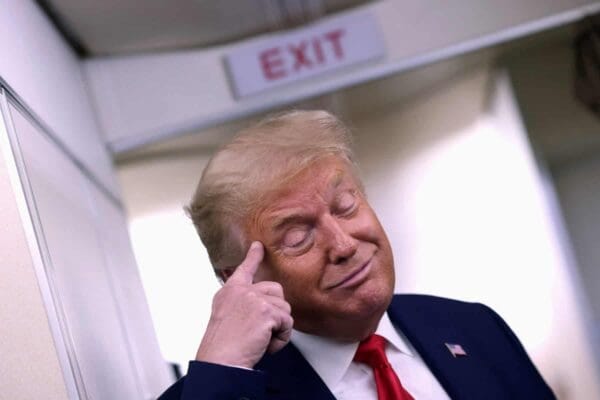












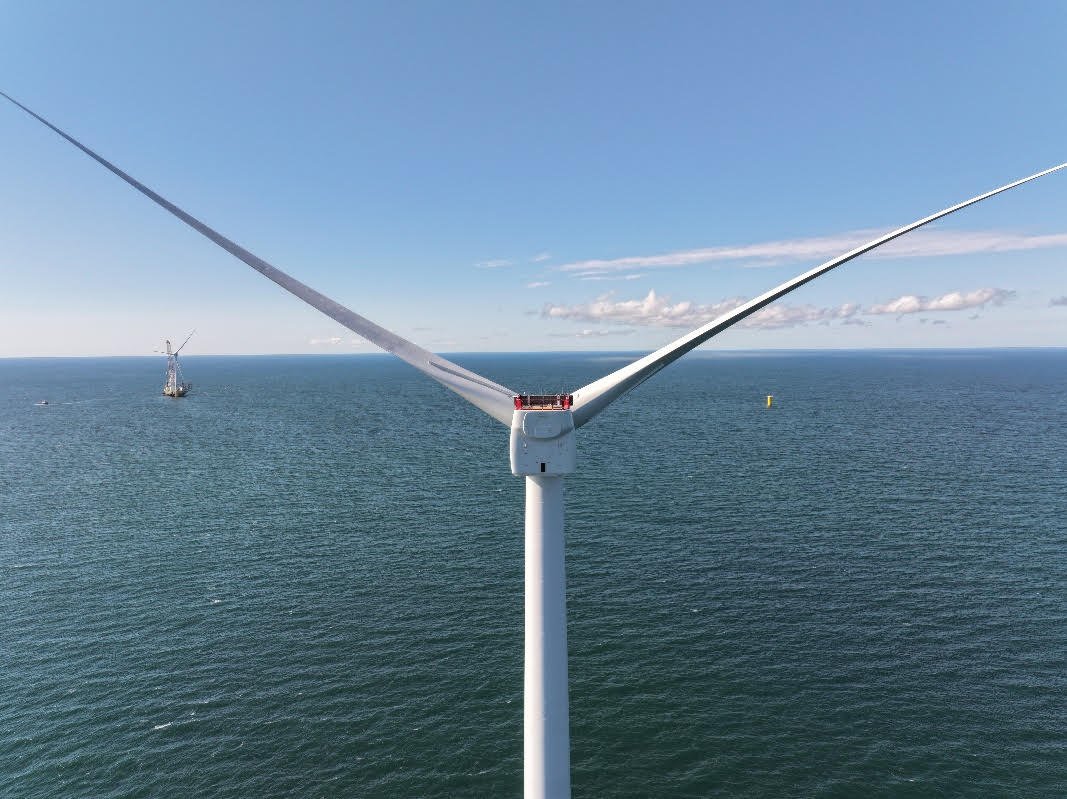

























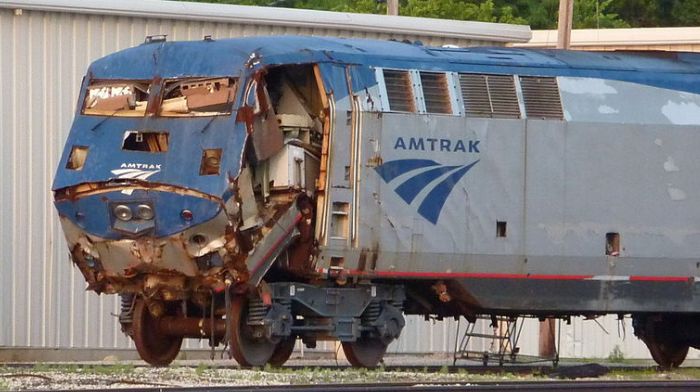







-inside-the-embryo-compared-to-a-_wildtype_-pig-embryo.-CREDIT_-Wang,-Xie,-Li,-Li,-and-Zhang-et-al-Cell-Stem-Cell.png.jpg)



